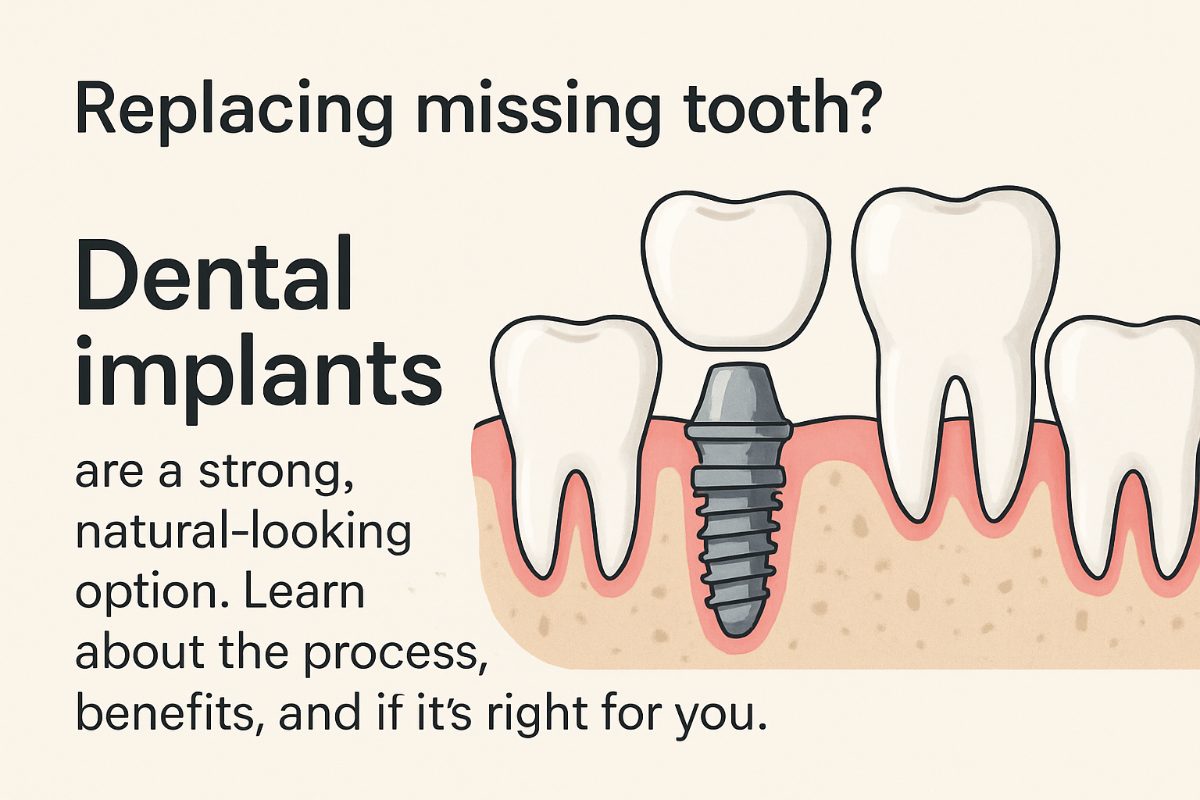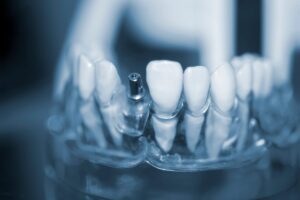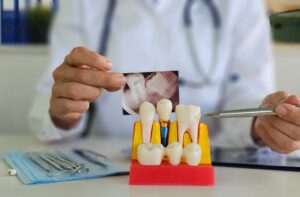Losing a tooth affects more than looks. Replacing missing tooth matters for chewing, speech, jaw support, and your long-term oral health. Options include bridges, dentures, and dental implants. This post explains what implants are, who they help, what to expect, and whether replacing missing tooth with an implant might be the right choice for you.
Why replacing missing tooth matters
A missing tooth can make chewing harder, change the way you speak, and cause nearby teeth to shift. Bone under a missing tooth begins to shrink — patients can lose significant jawbone volume within the first year after tooth loss. Left untreated, shifting teeth and bite problems can lead to more wear, pain, and extra dental work.
What is a dental implant?
A dental implant is a small titanium post placed into the jaw to act like a tooth root. An abutment connects the post to a crown that looks like a natural tooth. Implants can replace a single tooth, support an implant bridge for several missing teeth, or secure full-arch prostheses like All-on-X for an entire upper or lower row.
Who is a good candidate for dental implants?
Good candidates have healthy gums, enough jawbone, and generally stable health. Smoking, uncontrolled diabetes, or active gum disease can affect success. Older age alone isn’t a barrier. If bone is thin, grafting or a sinus lift can build volume so implants fit and last.
What to expect during the implant process
Consultation & imaging
Your dentist will do an exam, review health history, and take 3D imaging to plan placement. This helps find the best position and avoid nerves or sinuses.
Surgery, healing, and final restoration
Surgery places the implant post; healing (osseointegration) commonly takes weeks to a few months. Temporary teeth may be used while you heal. Once stable, an abutment and final crown or prosthesis are attached.
Benefits and risks of choosing implants
Benefits include strong chewing, bone preservation, and a natural look and feel. Risks include higher upfront cost, longer treatment time, and possible complications like infection or implant failure. For healthy patients, long-term success rates commonly exceed 90%. Experience of the clinician is important for best outcomes.
Cost and financing basics
Costs vary by single tooth versus full-arch work, need for grafting, materials, and clinician expertise. Ask about financing, in-house plans, or third-party payment options. Insurance may cover part of the restorative work but often not the entire implant cost.
Alternatives to implants for replacing missing tooth
Traditional bridges use nearby teeth for support and are faster but require altering adjacent teeth. Removable partial dentures are less costly and non-invasive but can feel less stable and may affect speech or chewing. Compare longevity, comfort, and cost when choosing.
Questions to ask your dentist before deciding
– How many implants have you placed? What training or credentials do you have? – Do you use 3D imaging or guided/robotic placement? – What is the expected timeline and healing plan? – What sedation options are available? – What warranty or maintenance is offered?
About Bird Dental Studio & next steps
If you’re considering replacing missing tooth in Idaho Falls, Bird Dental Studio offers implant care led by Dr. Jayson Bird. The practice uses Cone Beam 3D imaging, CEREC same-day crowns, Yomi robotic guidance, All-on-X options, and IV sedation when needed. To schedule a consult, call new patients at (208) 886-1280 or current patients at (208) 529-0999. Visit 3381 Merlin Dr, Idaho Falls, ID 83404 to discuss personalized options.






